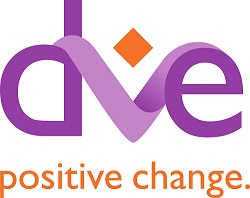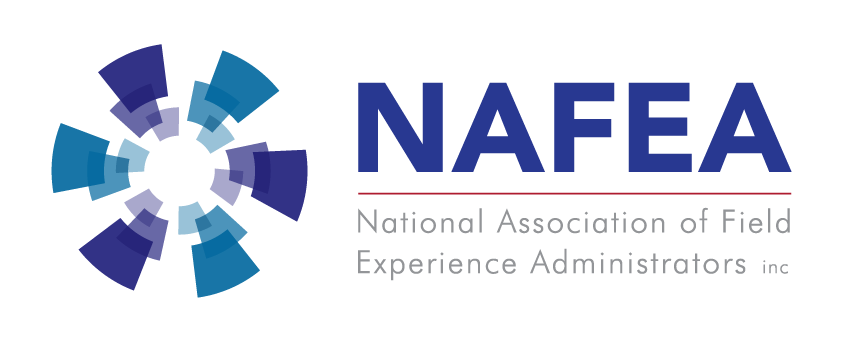NAFEA is the national peak body for higher education and VET staff involved in the logistics and administration of work-integrated learning across Australia. Each year, the NAFEA conference brings together a range of WIL stakeholders including NAFEA members, WIL administrators, WIL Researchers, placement providers and policy makers.
WHERE:
Crystalbrook Riley, Cairns/Gimuy
WHEN:
Wednesday 18 October – Friday, 20 October 2023
THEME:
The WIL to Thrive: A Brave New World
The conference will explore current and future opportunities and challenges associated with work-Integrated learning (WIL). The conference sessions will focus on a broad range of topics related to WIL in the context of the COVID pandemic, the National WIL Strategy, growing demands for WIL, the seemingly escalating risks, and increasing demands and pressures on WIL practitioners. The conference will provide a forum to discuss and share strategies, innovations and practices.
Presentations
Session 07: A novel approach to collaborative website design to support training and engagement of clinical supervisors for extended industry placements.
Associate Professor Heather Connor, Alexis Gerrard, Deakin University.
Session 08: If there’s WIL, there’s a way
Marlene Henry, Western Sydney University.
Session 09: Evaluation of resource allocation for undergraduate nursing professional experience placements coordination in Australian Higher Education: a mixed method study
Dr. Abdi D. Osman, Victoria University.
Session 11: A sector wide view of placements and WIL – an analysis of people, process, systems, and structure across the Australian HE sector.
Emma Laurence , DVE Solutions
Session 12: The process of becoming a professional during postgraduate supervised training and early career stages.
Emma-Jane Harrison, The University of Queensland.
Session 14: Impact academy: Student self-discovery in an innovative co-designed work-integrated learning journey.
Dr. Simon Thornton, Dr. Meg Colasante, RMIT University.
Session 16: Identifying and overcoming obstacles to equitable engagement with WIL.
Associate Professor Anne Hewitt, The University of Adelaide.
Session 17: Bringing Industry to the Student – An Innovative and Scalable Approach to maximise Placement to Staff ratios.
Daryl McMahon, University of South Australia.
Session 19: Pedalling the cycle of learning: the significance of practical experience to establishing graduate employability.
Dr. Mary Grant, La Trobe University.
Session 21: Clinical Education Strategy and Risk: Implementing a Positive Risk Management Culture.
Kylie Erben, The University of Melbourne.
Session 22: UNSW. Administering WIL for 1000’s of students – How we do it.
Michelle Hannon, UNSW.
Session 25: Making virtual WIL a reality.
Katie Prenzler, University of Southern Queensland.
Session 26: Over-Collection, Over-Retention, Breach: The Triple Threat of Information Privacy Protection
Jim Forbes, Principal Policy Officer, Office of the Information Commissioner (Queensland).
Keynote Speakers
Professor Denise Jackson, Edith Cowan University
Professor Denise Jackson is the Director of Work-Integrated Learning in the School of Business and Law at Edith Cowan University, Perth. Denise is focused on preparing students for future work and career through embedding meaningful industry and community engagement into the curriculum. Denise’s work has been recognised by several research and learning and teaching awards, including two national teaching awards and the James W Wilson Award for Outstanding Contribution to Research in the Field of Cooperative Education. Denise is a Principal Fellow of the Higher Education Academy and Elected President for the Australian Collaborative Education Network (ACEN).
Opportunities and challenges for WIL in Australia
In a climate of economic uncertainty, talent shortages and evolving labour market demands, there is an increasing focus on WIL to develop workers that are prepared for complex and fluid environments. Despite the widely recognised benefits of expanding different types of WIL across qualifications, several challenges continue to influence the tertiary sector’s ability to design, deliver and evaluate WIL that is high quality, impactful and available to all students. This presentation discusses some of these ongoing challenges, with a particular focus on equity and inclusion given differences in the participation, experiences and outcomes in WIL among diverse student populations. It will also consider ways the tertiary sector could address these challenges and advance WIL to better meet current and future stakeholder needs.
Catriona Jackson, Universities Australia

Catriona Jackson has served as Chief Executive and Board Director of Universities Australia since 2018, blending a unique combination of extensive policy experience with her reputation as an outstanding communicator.
Under her leadership, Universities Australia champions policies that strengthen the ability of the university sector to provide the best education for students and develop research for Australia’s future.
In her session, Catriona will discuss the preparation of graduates to drive Australia’s future workforce.
Guest Speakers
Associate Professor Anne Hewitt, The University of Adelaide
Anne Hewitt is an Associate Professor at The University of Adelaide Law School and a Principal Fellow of the Higher Education Academy. Her research focuses on equitable access to high quality work and education, incorporating the rights of non-traditional workers such as student interns, the regulation of higher education, and the design and implementation of work integrated learning pedagogies in Australia and abroad. She is currently undertaking a comparative investigation of the role of universities in regulating work experience of tertiary students in Finland, France and Australia, and regulatory responses to improve equitable engagement with compulsory work experience.
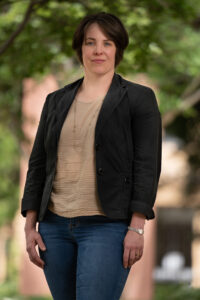
Identifying and overcoming obstacles to equitable engagement with WIL
Securing and completing work-integrated learning (WIL) can involve practical challenges for students. They may be obliged to pay for expenses including accommodation, equipment, and travel, as well as incurring opportunity costs such as salary lost when paid work is sacrificed to enable them to complete WIL. These costs, in addition to discrimination that students may experience in securing and completing WIL placements, contribute to inequitable participation by those from formal equity groups. Many hosts, educational organisations and charitable groups seek to respond to these obstacles and facilitate equitable engagement with WIL. This presentation will consider obstacles preventing equitable engagement with WIL, and strategies which can be employed to minimise and overcome them. In particular, it will consider how WIL design can maximise equitable engagement, and how non-remunerative monetary support (bursaries, scholarships, stipends, and honorariums) can be designed and implemented to facilitate diverse access to WIL.
Jim Forbes, Principal Policy Officer, Office of the Information Commissioner (Queensland)
Jim will discuss issues related to privacy and record keeping in the context of work integrated learning.
Program Overview
*Times are subject to change
Wednesday, 18 October 2023
6pm – 8pm
Welcome Drinks
Thursday, 19 October 2023
8:30am – 5:00pm
Conference
6:30pm – 11:30pm
Conference Dinner
Friday, 20 October 2023
9:00am – 3pm
Conference
Accommodation
Guests can book directly through the hotel website to get the best available rate on the day. Please note that accommodation will be subject to availability. Guests can join THECROWD to receive 10% off the advertised rate.
Supporting Associations
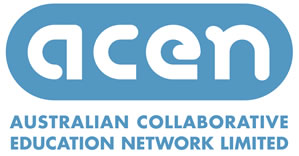
Sponsors
Sponsorship packages are available and can be tailored to your needs. If you are interested in sponsoring or supporting the 2023 NAFEA conference, please contact us.
Thanks to our Bronze Sponsors: DVE Business Solutions
